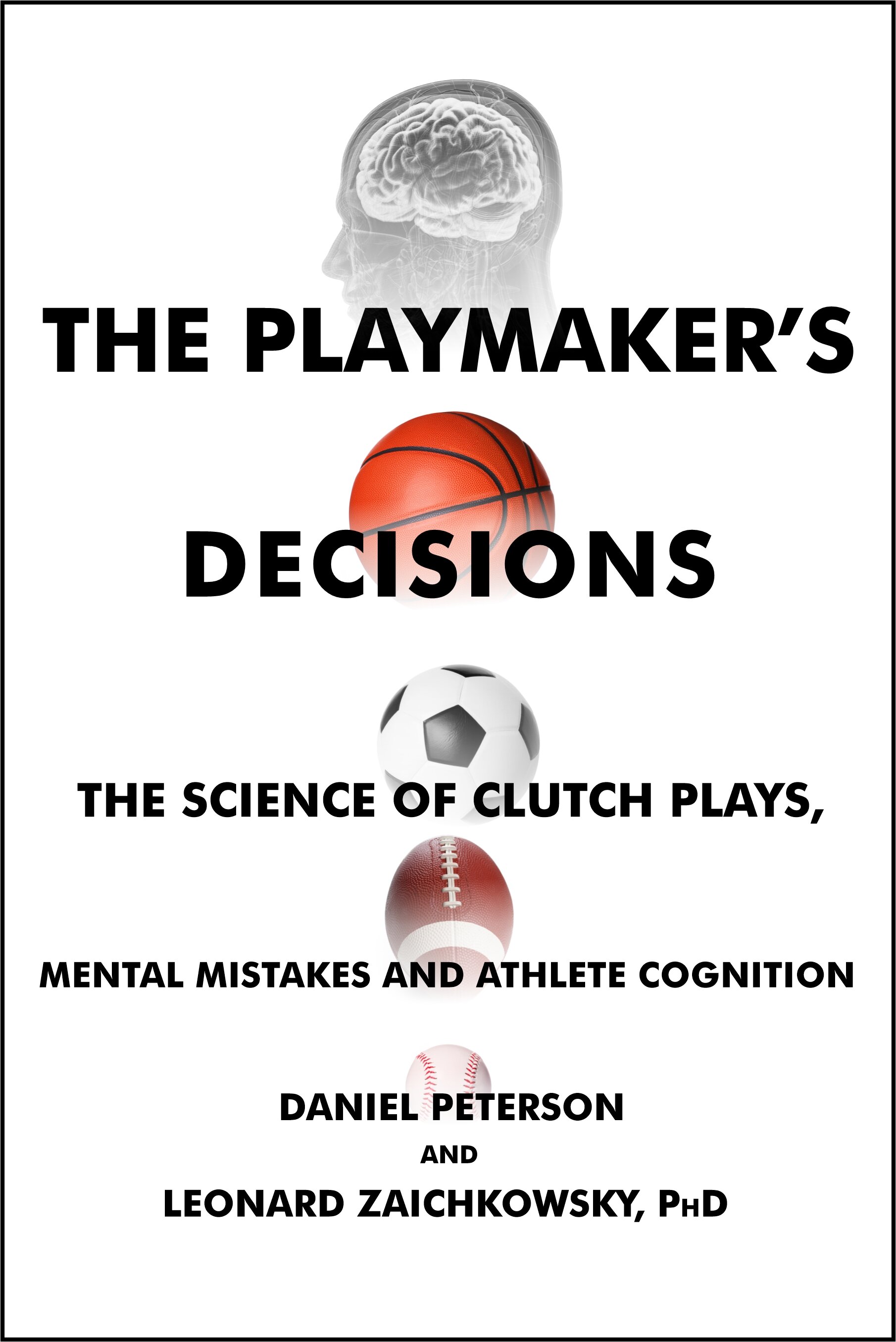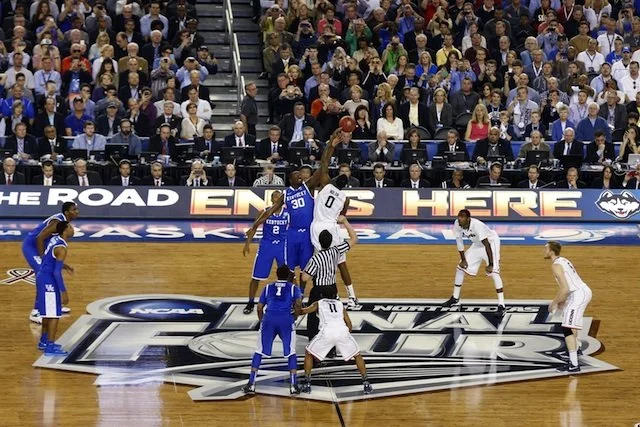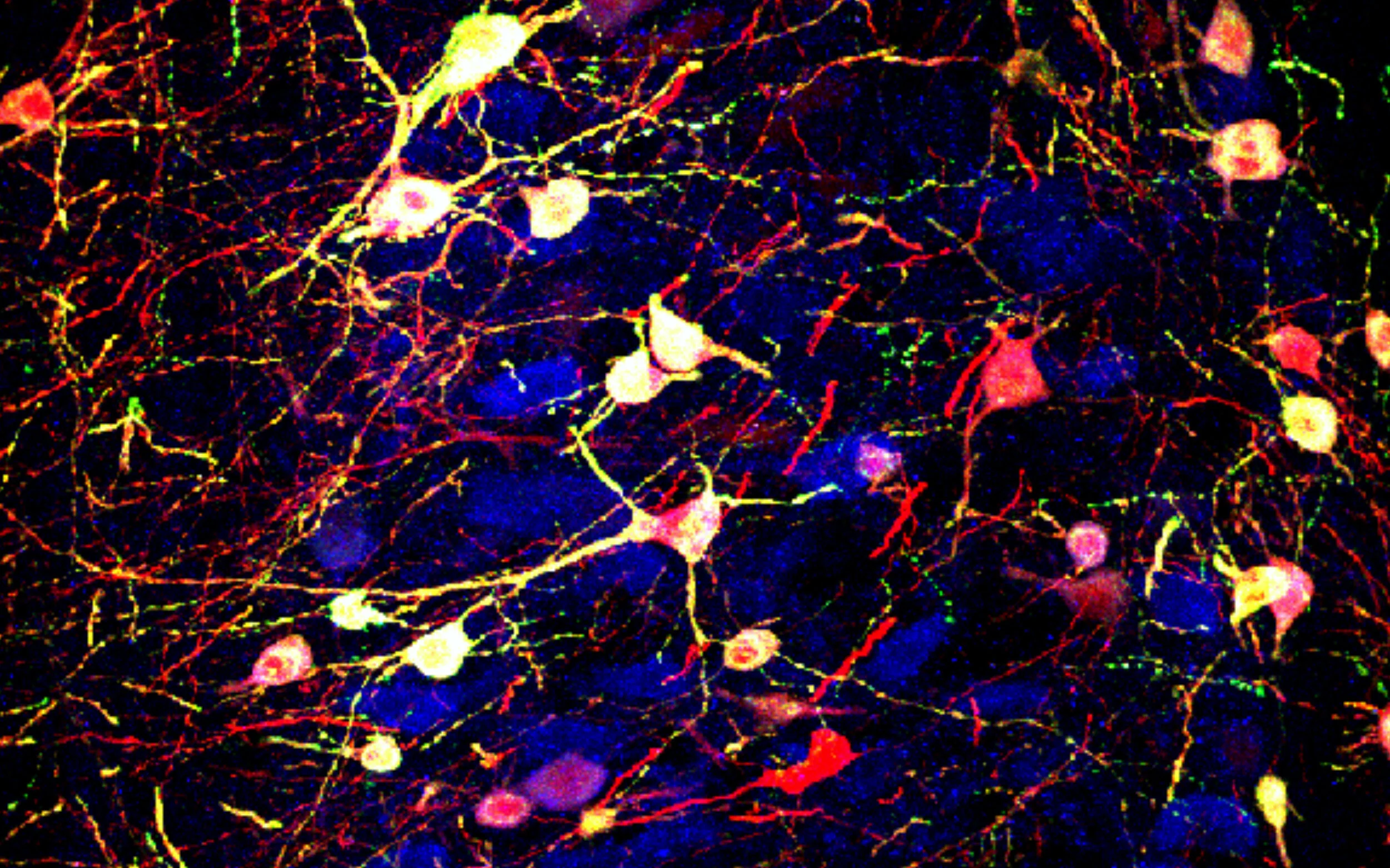Just Pretend Those Carrots Are Cheese Fries
/
The problem with your diet is not that you’ve been eating the wrong food, but rather you’ve been thinking about your food all wrong. According to Alia Crum, a clinical psychology researcher at Yale University, our mind’s opinion of food labeled or thought of to be “diet” or “low fat” can actually affect our body’s physiological response after eating it, which changes our metabolism.
Her sneaky research team told 46 volunteers that they were getting two milkshakes to drink. In the first test, they were told they were sampling a “health” shake that had no fat, no added sugar and a skinny 140 calories. At a separate test, the same group were told they were rewarded with an “indulgent” shake weighing in at a guilt-inducing 620 calories and full of fat.
The trick was that in each test, the milkshakes were actually identical with each having 360 calories. Only the description and labelling of the shakes were different.
At this point, Crum and her less than honest team could have just asked the volunteers which shake made them “feel fuller.” Instead, they chose to measure satiety by observing changes in the level of ghrelin, the so-called “hunger hormone” in the stomach that signals the brain when to eat and when to stop eating. When you’re hungry, your level of ghrelin goes up, telling your brain to find some snacks. After a meal, your ghrelin goes down trying to convince you not to go back for a third helping.
Blood tests were gathered from the drinkers before, during and after the shakes to measure their ghrelin.
Results showed that when the participants drank the “health” shake, their ghrelin levels stayed about the same or slightly increased. However, after drinking the “indulgent” shake, their ghrelin levels dropped significantly. In other words, their perception of what they were eating tricked their body into responding differently. Same shake, different physiological responses.
The study was published last month in the journal Health Psychology.
So, let’s put this in the real world. You’re trying to lose weight by eating “healthy” foods, with lower calories and fat. But, you’ve also been conditioned to think that these foods just don’t satisfy your hunger like a greasy cheeseburger would. Eating 500 calories of fruits and vegetables doesn’t feel as good as eating 500 calories of french fries.
"What was most interesting," Crum said, "is that the results were somewhat counter-intuitive. Consuming the shake thinking it was ‘indulgent' was healthier than thinking it was ‘sensible.' It led to a sharper reduction in ghrelin." By drinking the “indulgent” shake, you actually might eat less after that since your lower ghrelin levels would dampen the hunger signal to your brain.
"I think the most important message from this study is for consumers to be aware of the mind-set that they are in while they are eating, and especially the mind-set that individuals seem to automatically adopt when trying to maintain or lose weight," writes Crum.. "The mind-set of 'sensibility' or 'restraint'—no matter what we're eating—might be compromising our body's physiological response, counteracting our hard work at dieting. People should still work to eat healthy, but do so in a mind-set of indulgence."
Tricking the brain is not new to Crum. In 2007, she assisted psychologist Ellen Langer in a groundbreaking mindfulness study that convinced New York City hotel maids that the daily work they performed was enough to improve their health. They interviewed 84 maids on their daily exercise habits outside of work. Most said they barely worked out at all.
Then, they educated half the group on how their daily work of changing beds, vacuuming, etc. was actually good exercise. After one month, they reported that the educated group’s blood pressure had dropped by 10% without any additional work or exercise. Langer and Crum claim the placebo effect had changed the women’s health, just by the perception that they were exercising. The study had its critics, but it was an interesting finding nonetheless.
So, while a Big Mac is still bad for you, it may actually convince you to eat less that day then trying to fool your brain into thinking your bag of carrots is actually a bag of cheese fries.
You might also like: Exercise Burns Fat During But Not After Your Workout and New Proof That Exercise Pumps Up Your Metabolism
Her sneaky research team told 46 volunteers that they were getting two milkshakes to drink. In the first test, they were told they were sampling a “health” shake that had no fat, no added sugar and a skinny 140 calories. At a separate test, the same group were told they were rewarded with an “indulgent” shake weighing in at a guilt-inducing 620 calories and full of fat.
The trick was that in each test, the milkshakes were actually identical with each having 360 calories. Only the description and labelling of the shakes were different.
At this point, Crum and her less than honest team could have just asked the volunteers which shake made them “feel fuller.” Instead, they chose to measure satiety by observing changes in the level of ghrelin, the so-called “hunger hormone” in the stomach that signals the brain when to eat and when to stop eating. When you’re hungry, your level of ghrelin goes up, telling your brain to find some snacks. After a meal, your ghrelin goes down trying to convince you not to go back for a third helping.
Blood tests were gathered from the drinkers before, during and after the shakes to measure their ghrelin.
Results showed that when the participants drank the “health” shake, their ghrelin levels stayed about the same or slightly increased. However, after drinking the “indulgent” shake, their ghrelin levels dropped significantly. In other words, their perception of what they were eating tricked their body into responding differently. Same shake, different physiological responses.
The study was published last month in the journal Health Psychology.
So, let’s put this in the real world. You’re trying to lose weight by eating “healthy” foods, with lower calories and fat. But, you’ve also been conditioned to think that these foods just don’t satisfy your hunger like a greasy cheeseburger would. Eating 500 calories of fruits and vegetables doesn’t feel as good as eating 500 calories of french fries.
"What was most interesting," Crum said, "is that the results were somewhat counter-intuitive. Consuming the shake thinking it was ‘indulgent' was healthier than thinking it was ‘sensible.' It led to a sharper reduction in ghrelin." By drinking the “indulgent” shake, you actually might eat less after that since your lower ghrelin levels would dampen the hunger signal to your brain.
"I think the most important message from this study is for consumers to be aware of the mind-set that they are in while they are eating, and especially the mind-set that individuals seem to automatically adopt when trying to maintain or lose weight," writes Crum.. "The mind-set of 'sensibility' or 'restraint'—no matter what we're eating—might be compromising our body's physiological response, counteracting our hard work at dieting. People should still work to eat healthy, but do so in a mind-set of indulgence."
Tricking the brain is not new to Crum. In 2007, she assisted psychologist Ellen Langer in a groundbreaking mindfulness study that convinced New York City hotel maids that the daily work they performed was enough to improve their health. They interviewed 84 maids on their daily exercise habits outside of work. Most said they barely worked out at all.
Then, they educated half the group on how their daily work of changing beds, vacuuming, etc. was actually good exercise. After one month, they reported that the educated group’s blood pressure had dropped by 10% without any additional work or exercise. Langer and Crum claim the placebo effect had changed the women’s health, just by the perception that they were exercising. The study had its critics, but it was an interesting finding nonetheless.
So, while a Big Mac is still bad for you, it may actually convince you to eat less that day then trying to fool your brain into thinking your bag of carrots is actually a bag of cheese fries.
You might also like: Exercise Burns Fat During But Not After Your Workout and New Proof That Exercise Pumps Up Your Metabolism












